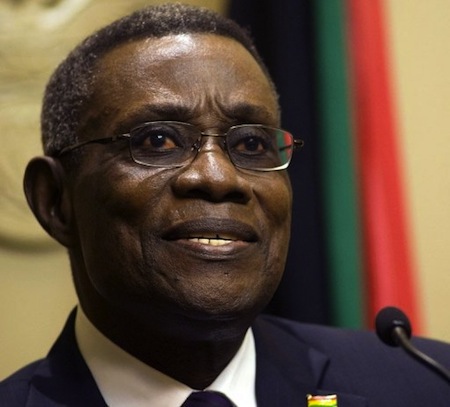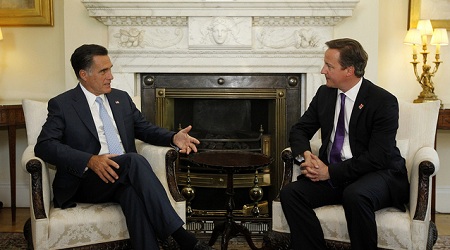Hungary’s Viktor Orbán seems to be in good company these days.![]()
As it turns out, he’s no longer the only Eastern European leader who gives pause to European Union leaders worried about a backslide to democracy.
Since becoming prime minister of Romania in May of this year, Victor Ponta (pictured above) has taken an unorthodox approach to respecting Romania’s constitutional framework. Ponta’s biggest gamble so far comes to a climax this weekend — on Sunday, Romania will hold a referendum on whether to remove Romania’s president, Traian Băsescu. Ponta and his political allies argue that Băsescu overstepped his authority, and have moved to have him suspended from office pending the referendum. Romania’s Constitutional Court has ruled otherwise, but the referendum is still going forward.
Accordingly, if over 50% of eligible voters turn out, and a majority vote to remove Băsescu, it could trigger even more worries about a quasi-constitutional coup d’état. The European Union earlier this month issued a stinging report about Romania’s new government since Ponta’s ascension as prime minister, and European Commission president José Manuel Barroso minced no words about his concern:
“Challenging judicial decisions, undermining the Constitutional Court, overturning established procedures and removing key checks and balances have called into question the government’s commitment to respect the rule of law,” Barroso said. “Party political strife cannot justify overriding core democratic principles. Politicians must not try to intimidate judges ahead of decisions or attack judges when they take decisions they do not like.”
Romania, a country of 19 million people centered on the eastern edge of the EU, joined the EU only in 2007 after emerging in 1989 from a Communist dictatorship under longtime strongman Nicolae Ceauşescu — EU leaders are currently assessing whether to permit Romania to join the Schengen Area — Europe’s free-travel zone which has no internal border controls.
Like most countries in Europe, Romania’s political climate has been altered by difficult budget choices in light of the sovereign debt crisis across the EU. The country is dependent upon loans granted initially in 2009 from the International Monetary Fund in exchange for commitments to bring down Romania’s annual budget deficit from a high of nearly 7% in 2009. Despite rapid growth throughout the 2000s, Romania’s economy contracted by almost 10% in 2009 and 2010, and grew at only an anemic 1.5% in 2011.
Emil Boc, whose Christian democratic/conservative Partidul Democrat-Liberal (PD-L, the Democratic Liberal Party, and which is also Băsescu’s party) won the greatest number of seats in the 2008 Romanian legislative election, governed until February 2012 and attempted to enact austerity measures in order to bring Romania’s budget under firmer control.
When Boc’s government fell, Mihai Răzvan Ungureanu of the free-market liberal Partidul Naţional Liberal (PNL, the National Liberal Party), attempted to build a new government, with the support of the social democratic Partidul Social Democrat (PSD, the Social Democratic Party), the third of Romania’s three major parties.* Although Ungureanu attempted to continue economic reforms, his government fell on a no-confidence vote on May 7, when the PSD’s Ponta replaced him.
Since then, it’s been an incredible two months for Ponta, whose government has attracted concern with staggering speed. Continue reading Ponta takes Romania to ‘cusp of dictatorship’ as Sunday’s presidential referendum approaches


